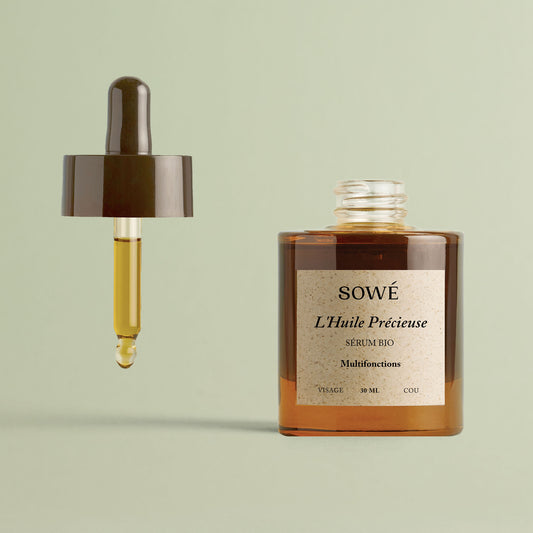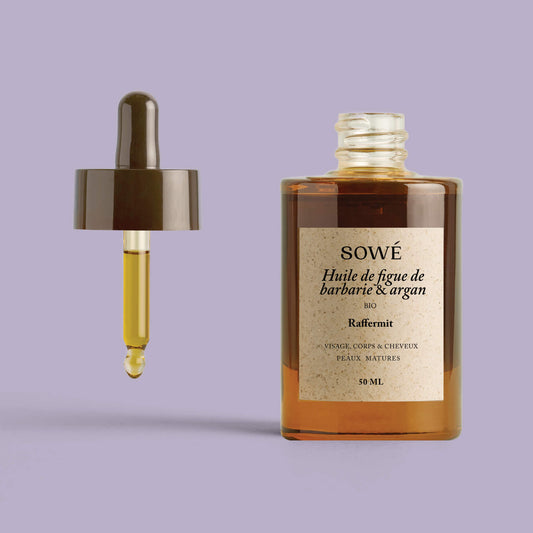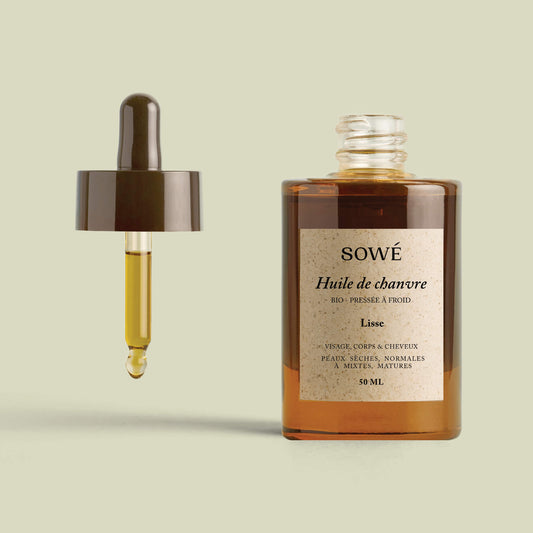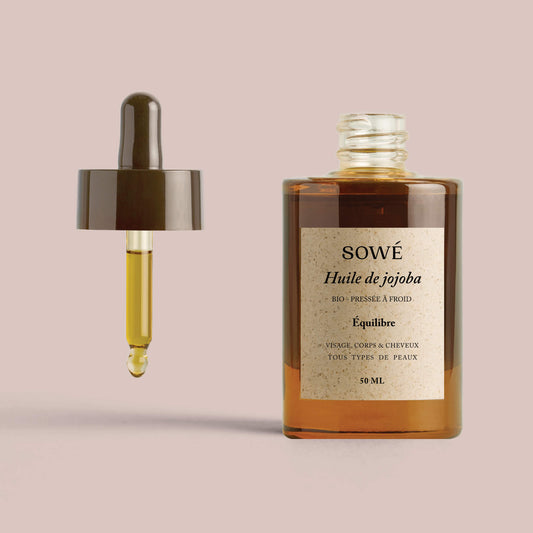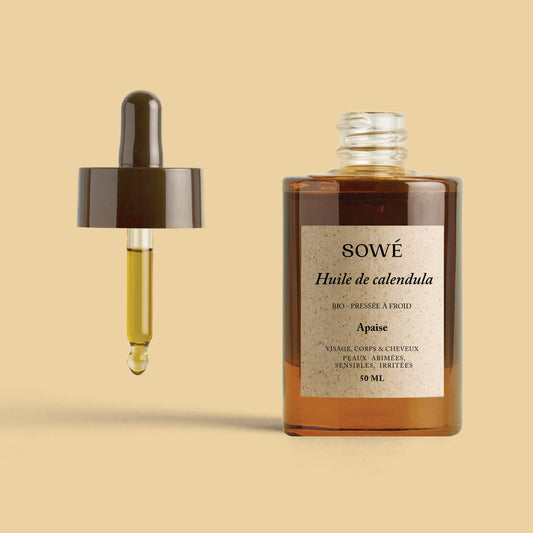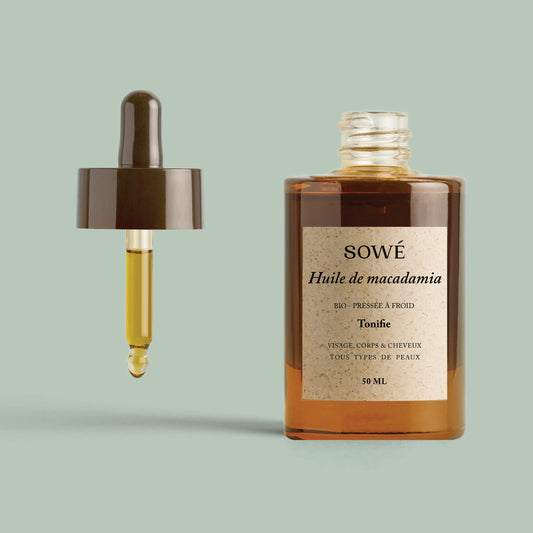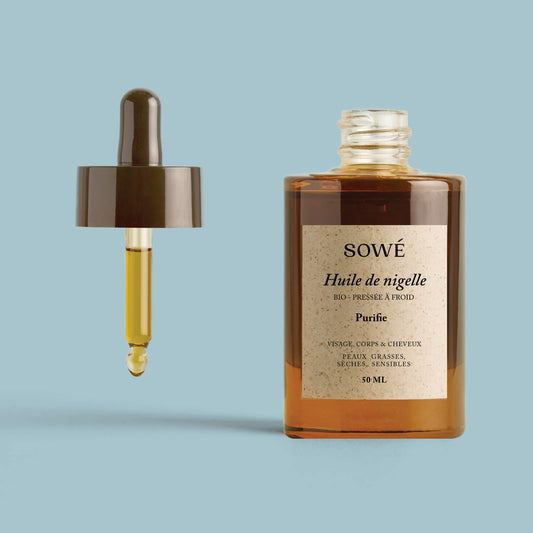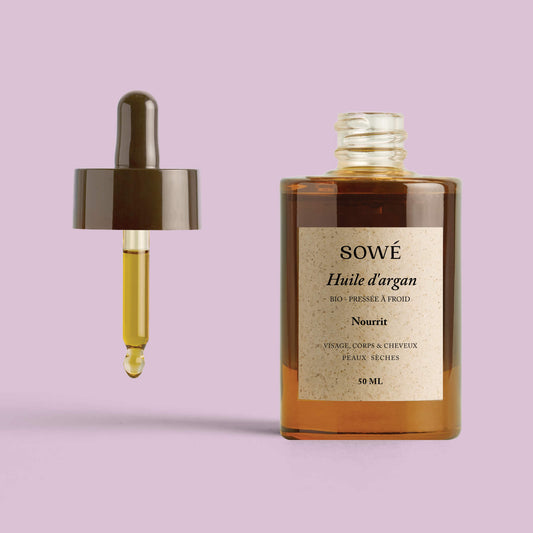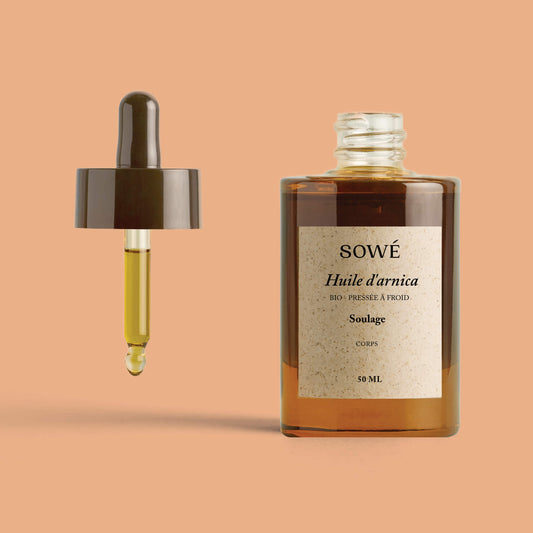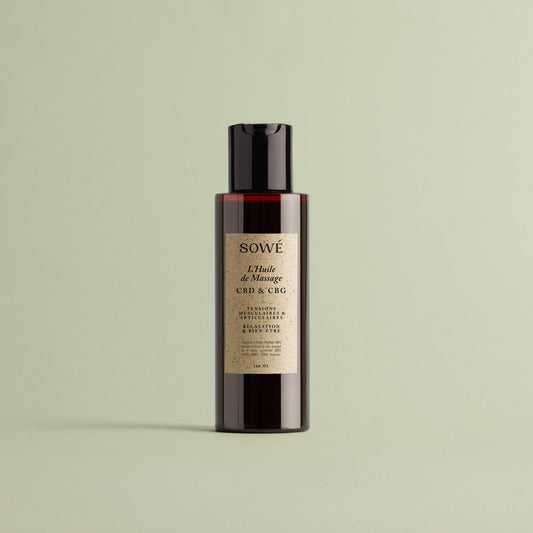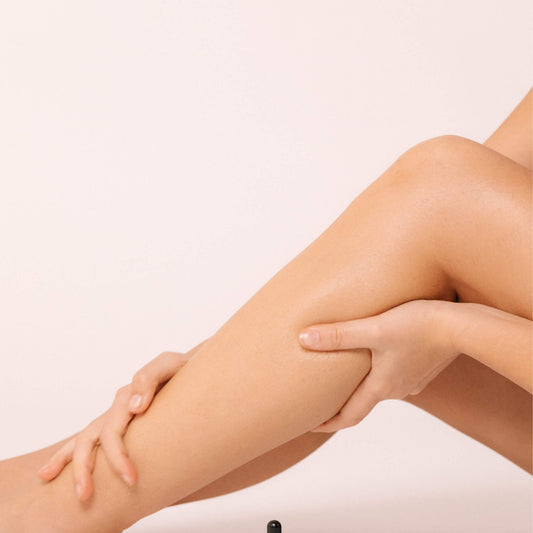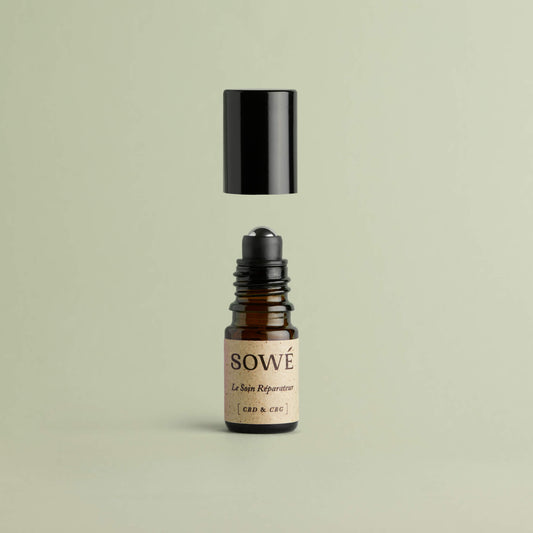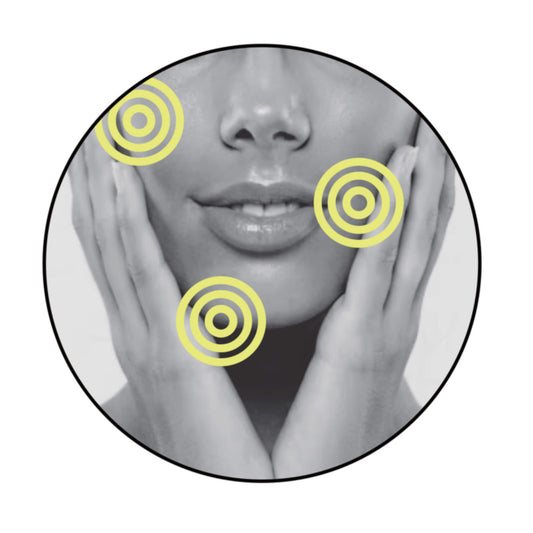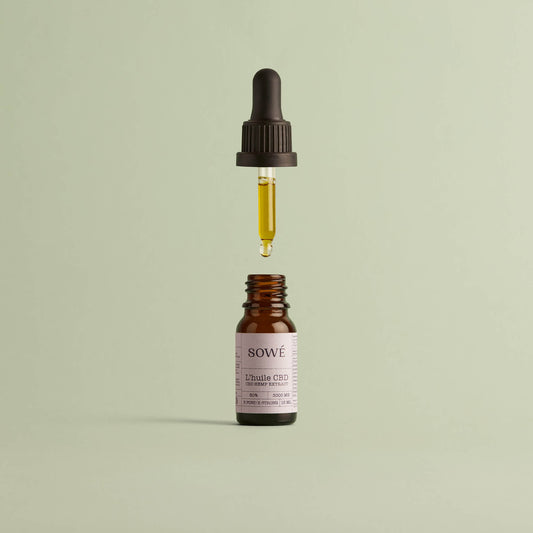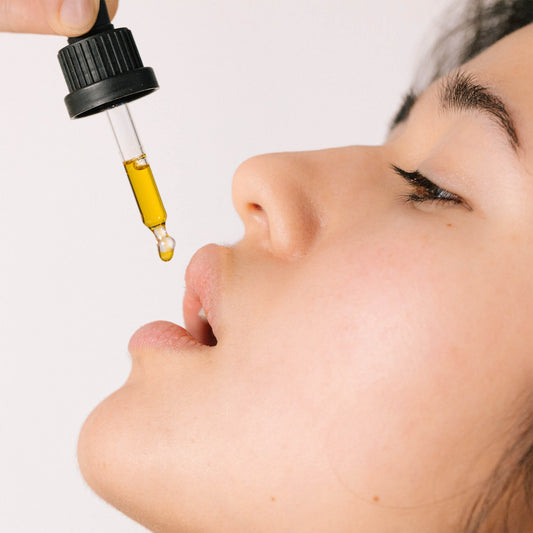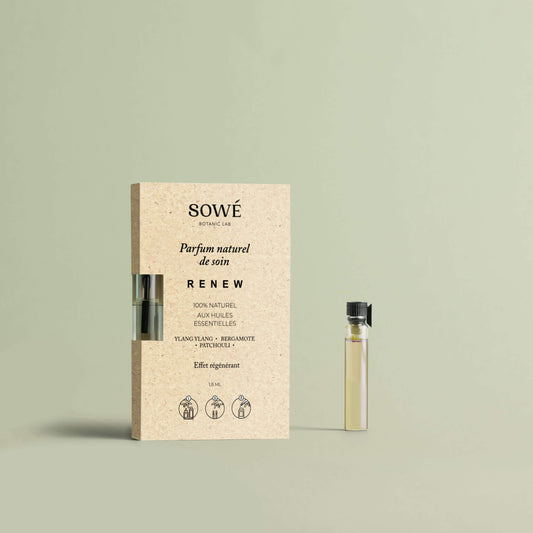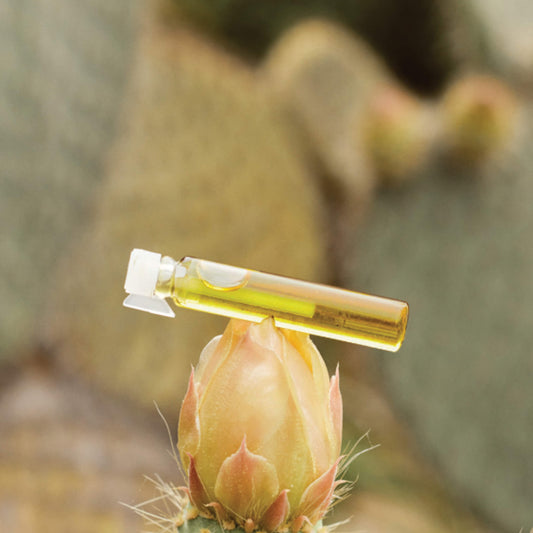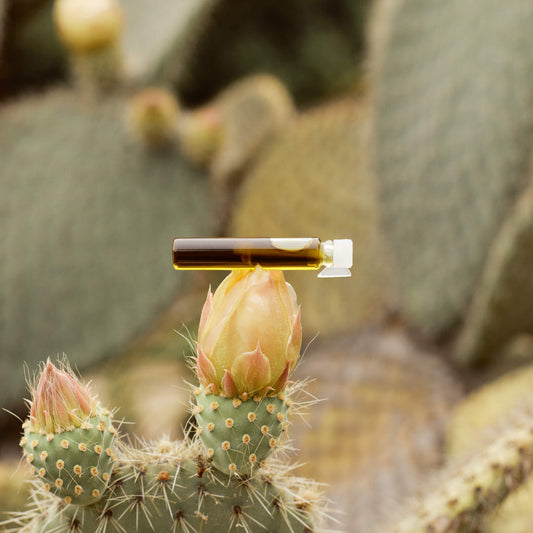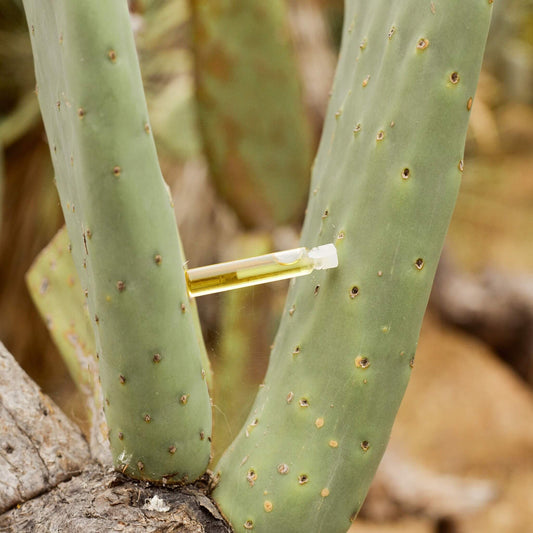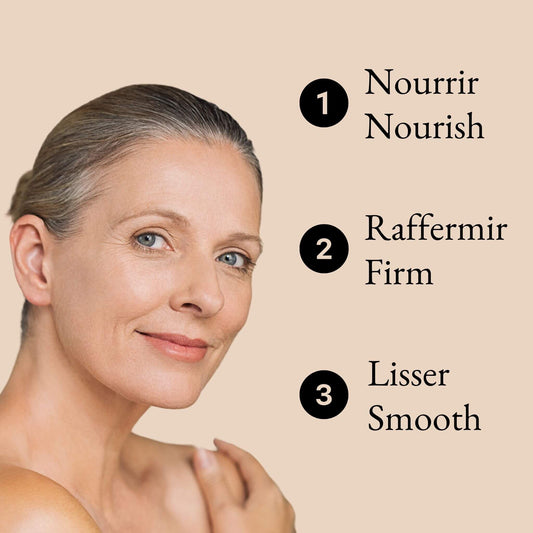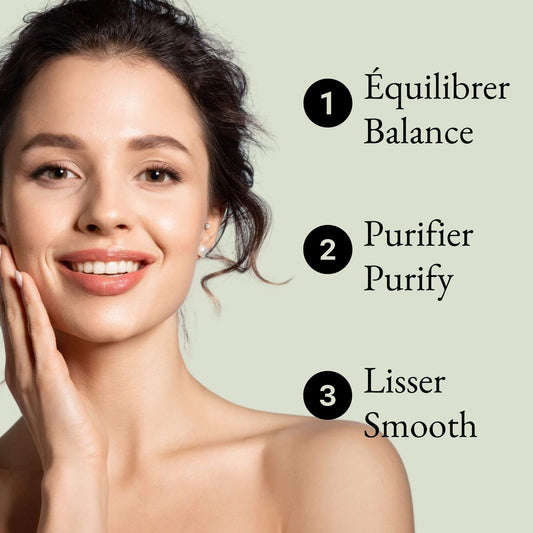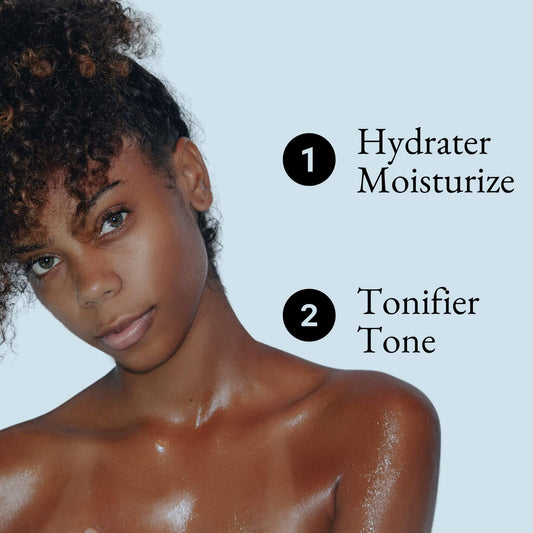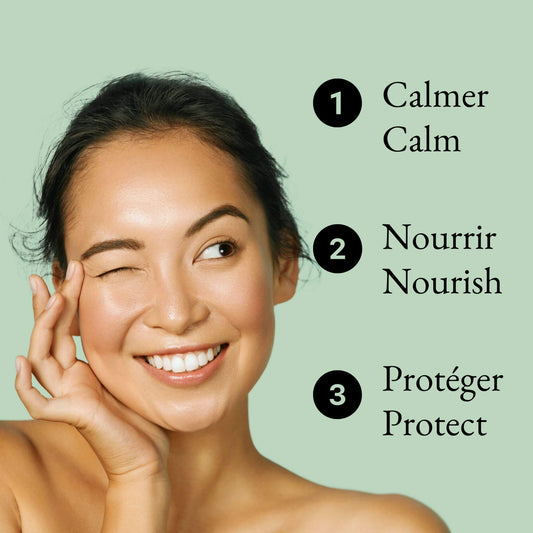What is the skin microbiome?
Our skin is a delicate ecosystem containing billions of microorganisms, collectively known as the skin microbiome. This complex balance of bacteria, fungi, and yeast plays a vital role in maintaining healthy skin.
Microbiome and microbiota, what's the difference?
Microbiome and microbiota are buzzwords much used in skincare jargon, and although these words are often confused and misused, their meanings differ.
Microbiota
Microbiota refers to the complete community of micro-organisms living in an environment such as underarms, eyelashes, scalp and intimate areas.
Microbiome
Microbiome, on the other hand, is the complete genetic content of all the micro-organisms living in a particular environment.
In other words, the microbiota is a subset of the microbiome.
What are the benefits of a healthy skin microbiome?
A healthy skin microbiome offers a multitude of benefits that extend beyond the superficial appearance of the skin such as:
Resilient skin barrier
The skin microbiome plays a vital role in fortifying the skin barrier, which acts as the body's first line of defense thereby reducing the likelihood of harmful substances penetrating the skin and causing irritation.
Protects against irritants
A balanced skin microbiome forms a protective shield, helping to ward off irritants and potential allergens. This defense mechanism is crucial in preventing the skin from reacting adversely to environmental pollutants, UV radiation, chemicals, or other substances that may come into contact.
Reduced inflammation
A well-maintained microbiome helps regulate the skin's immune responses, preventing unnecessary inflammation, leading to calmer and less reactive skin.
Sebum regulation and acne control
The skin microbiome influences the production of sebum (an oily substance that protects our skin from drying out). An equilibrium in the microbiome helps regulate sebum production, contributing to improved control of acne.
Lower risk of skin conditions
Conditions including eczema and rosacea are often associated with an imbalance in the skin microbiome. By promoting microbial diversity and balance, a healthy microbiome reduces the risk of these chronic skin conditions, providing relief for those prone to such issues.

What does the research suggest?
Research into the skin microbiome is still ongoing, but scientists have discovered that skin micro-organisms play an important role in skin health. A healthy skin microbiome can help maintain a resilient skin barrier, protect against irritants, reduce inflammation, regulate sebum production and reduce the risk of chronic skin problems such as eczema and rosacea.
Imbalance in the microbiome
Disturbing the delicate balance of the skin microbiome is a consequence of the widespread use of various personal care products, ranging from makeup and moisturisers to hand sanitisers and deodorants. These products, designed to enhance personal hygiene and appearance, often contain preservatives which are used to extend the shelf life.

Not maintaining skin health can have several impacts:
Increased sensitivity
The loss of microbial diversity and the presence of potentially harmful microorganisms may trigger inflammatory responses, making the skin more prone to redness, irritation, and discomfort.
Risk of infections
The skin microbiome serves as a protective barrier against harmful pathogens. Disruption of this barrier can increase the risk of infections as the balance shifts.
Altered pH levels
A change can result in disturbing the skin's pH levels, which can create an environment that is less conducive to the growth of beneficial microorganisms and more favourable for harmful ones.
Exacerbation of skin conditions
Imbalances in the microbiome can trigger flare-ups and make it challenging to manage chronic skin conditions such as eczema or rosacea.
In conclusion, take care of your microbiome by nourishing and avoiding damage.
The microbiome has long been overlooked as an important factor for skin care and health. Although research in this field is, at best, only beginning, research and development efforts are evolving to measure and validate efficacy yielding some positive results.
Our skin and microbiomes change over the years, and differences emerge between young, healthy, aged and impaired skin. Therefore, skin care products that directly protect the skin microbiome are and will continue to be in demand.
The danger of preservatives in cosmetics
At SOWÉ, we've made a conscious choice to steer clear of preservatives in our products. That's why our formulas are oil-based instead of water-based. By eliminating water, we prevent the unwelcome presence of bacteria.
It's important to note that preservative-free skincare products can have a shorter shelf life than traditional products. It is therefore important to store products correctly and use them within the recommended time to avoid deterioration or contamination. SOWÉ offers specially designed formulas to meet the unique needs of each skin type. Who says oil isn't suitable for oily skin?
To know more, click here, to find out how to use oil on your face.
Sources
- Byrd, A. L., et al. (2018). The human skin microbiome. Nature News. Retrieved January 15, 2023, from https://www.nature.com/articles/s41586-018-0411-5
- Chen, Y. E., & Tsao, H. (2013). The skin microbiome: Current perspectives and future challenges. Journal of the American Academy of Dermatology. Retrieved January 13, 2023, from https://www.jaad.org/article/S0190-9622(13)00306-8/fulltext
- Datir, M., Bajpai, N., & Parate, M. (2020). The effect of preservatives used in cosmetics on the skin microbiome: A review. World Journal of Pharmaceutical Research, 9(7), 638–652. https://doi.org/10.20959/wjpr20207-17830
- Pinto, D., Ciardiello, T., Franzoni, M., Pasini, F., Giuliani, G., & Rinaldi, F. (2021). Effect of commonly used cosmetic preservatives on skin resident microflora dynamics. Nature News. Retrieved January 13, 2023, from https://www.nature.com/articles/s41598-021-88339-7
- Ratanapokasatit, Y., et al. (2022). How microbiomes affect skin aging: The updated evidence and current perspectives. MDPI. Retrieved January 13, 2023, from https://www.mdpi.com/journal/cosmetics/special_issues/microbiome_skin_aging
- Schommer, N. N., & Gallo, R. L. (2013). Structure and function of the human skin microbiome. Trends in Microbiology. Retrieved January 12, 2023, from https://www.cell.com/trends/microbiology/fulltext/S0966-842X(13)00123-4
- Wiginton, K. (2023). What is the skin microbiome? Retrieved January 19, 2023, from https://www.webmd.com/beauty/what-is-skin-microbiome
- Woolery‐Lloyd, H., Andriessen, A., Day, D., Gonzalez, N., Green, L., Grice, E., & Henry, M. (2022). Review of the microbiome in skin aging and the effect of a topical prebiotic containing thermal spring water. Journal of Cosmetic Dermatology, 22(1), 96–102. Retrieved January 13, 2023, from https://onlinelibrary.wiley.com/doi/10.1111/jocd.14352
- Yvon, P. (2019). Skin microbiome-friendly cosmetics: Addressing challenges in formulating skincare and product evaluation. Retrieved January 13, 2023, from https://www.cosmeticsandtoiletries.com/research/literature-data/article/21837262




